Why were children separated from their parents at US-Mexico border?
US government says volunteers rather than state officials should lead efforts to reunite families
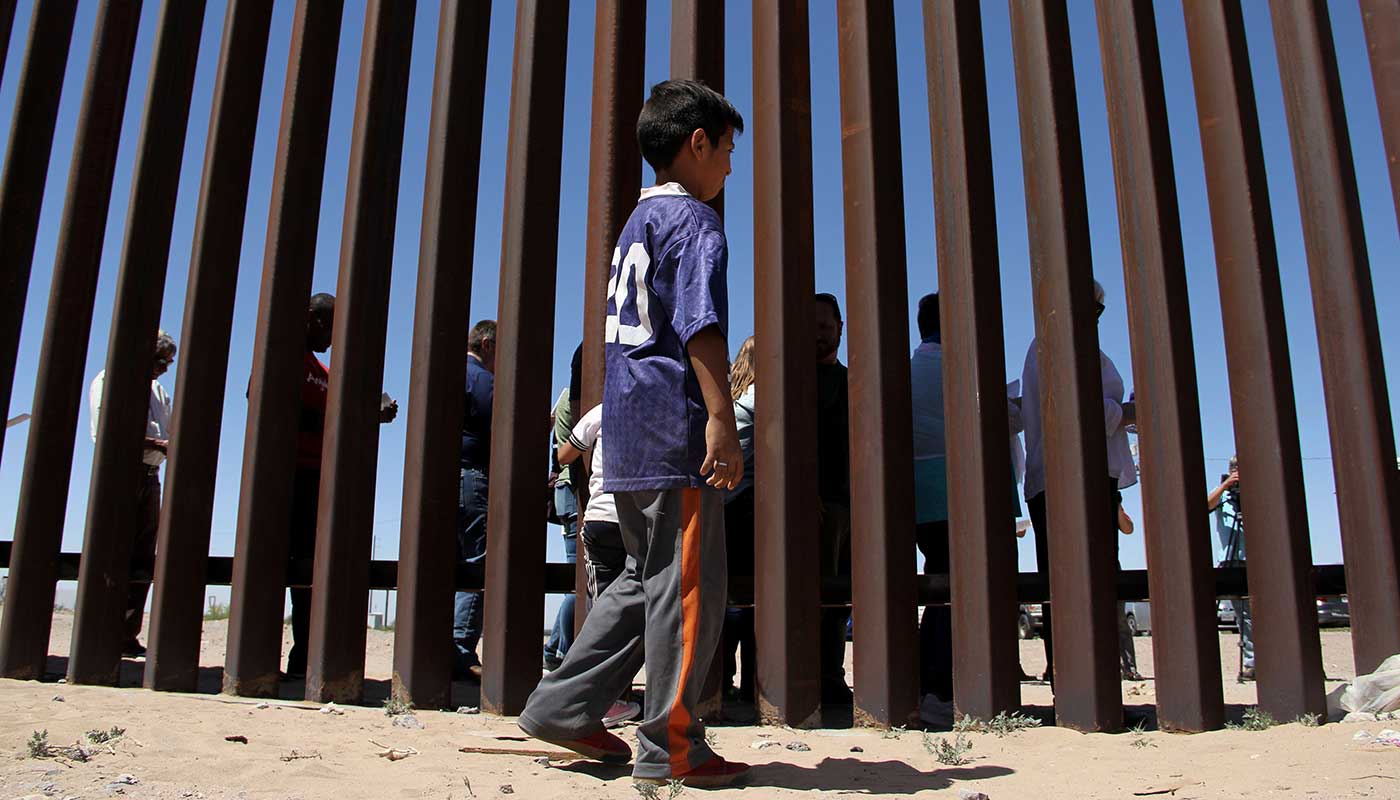
A free daily email with the biggest news stories of the day – and the best features from TheWeek.com
You are now subscribed
Your newsletter sign-up was successful
The US government has insisted that volunteers and non-profit groups should “take the lead” in locating hundreds of immigrants who remain separated from their children after being split at the US-Mexico border.
Lawyers for the Department of Justice made the proposal in response to a lawsuit “challenging some 2,500 family separations initiated by the Trump administration as part of its ‘zero tolerance’ policy to curb illegal immigration”, reports Reuters.
Although 1,900 children have been sent back to their families, as many as 400 deported parents have yet to be reunited with their children, according to government statistics.
The Week
Escape your echo chamber. Get the facts behind the news, plus analysis from multiple perspectives.

Sign up for The Week's Free Newsletters
From our morning news briefing to a weekly Good News Newsletter, get the best of The Week delivered directly to your inbox.
From our morning news briefing to a weekly Good News Newsletter, get the best of The Week delivered directly to your inbox.
The lawyers told San Diego Federal Court on Thursday that the government “would supply what information it had about the deported parents to the plaintiffs’ attorneys”, and that the plaintiffs’ counsel should “use their considerable resources and their network of law firms, NGOs, volunteers, and others” to establish contact with deported parents.
The Donald Trump administration missed a court-mandated deadline last month to reunite all children under the age of five with their families if they were separated at the border. Of the 102 such children, the government successfully reunited only 38 before the deadline passed on 10 July.
Lee Gelernt, an attorney with the American Civil Liberties Union, which filed the lawsuit, said that the administration’s failure to comply with the court order was “disappointing”.
“The court is holding the Trump administration’s feet to the fire to get these kids reunited with their parents. That’s the most important thing,” he added.
A free daily email with the biggest news stories of the day – and the best features from TheWeek.com
Why were the children taken from their parents?
Images of groups of children held behind chain-link fences stunned America after being made public in June, and drew comparisons with Nazi Germany and Japanese-American internment camps.
Trump's enforcement policy at the time required that every adult caught entering the US illegally was detained and referred to the Justice Department for criminal prosecution, even if they intended to claim asylum. Since children are not allowed in adult jails, they were housed elsewhere.The scenes unfolding along the US-Mexico border coincided with a crackdown on unauthorised immigration from Central America that was unveiled by the Trump administration in April.
Intentional or not, family separation was the “inevitable consequence” of such a policy, says The Washington Post, a reality that was recognised by Homeland Security Secretary Kirstjen Nielsen in May.
“Operationally what that means is we will have to separate your family,” she told the NPR new service, and argued that the policy was “no different than what we do every day in every part of the United States when an adult of a family commits a crime”.
What did Donald Trump say?
The president claimed the fault lay with existing legislation passed under previous, Democrat administrations.
Pressed by White House reporters about the images of tearful family separations, Trump said: “I hate the children being taken away. The Democrats have to change their law - that’s their law.”
In reality, “there is no federal law that stipulates that children and parents be separated at the border, no matter how families entered the United States”, says Snopes.
In the past, families entering the country illegally “were rarely criminally prosecuted”, says Politifact. Many were released to await a court date for an immigration hearing, while others were housed in family detention centres before being sent to appear before an immigration court or deported.
In June, Trump reversed the policy and said that families would no longer be separated.
How many children were taken?
From mid-April to May, more than 2,000 children from Central America were removed from their families at the US border and placed in government facilities, Reuters reports.
-
 How the FCC’s ‘equal time’ rule works
How the FCC’s ‘equal time’ rule worksIn the Spotlight The law is at the heart of the Colbert-CBS conflict
-
 What is the endgame in the DHS shutdown?
What is the endgame in the DHS shutdown?Today’s Big Question Democrats want to rein in ICE’s immigration crackdown
-
 ‘Poor time management isn’t just an inconvenience’
‘Poor time management isn’t just an inconvenience’Instant Opinion Opinion, comment and editorials of the day
-
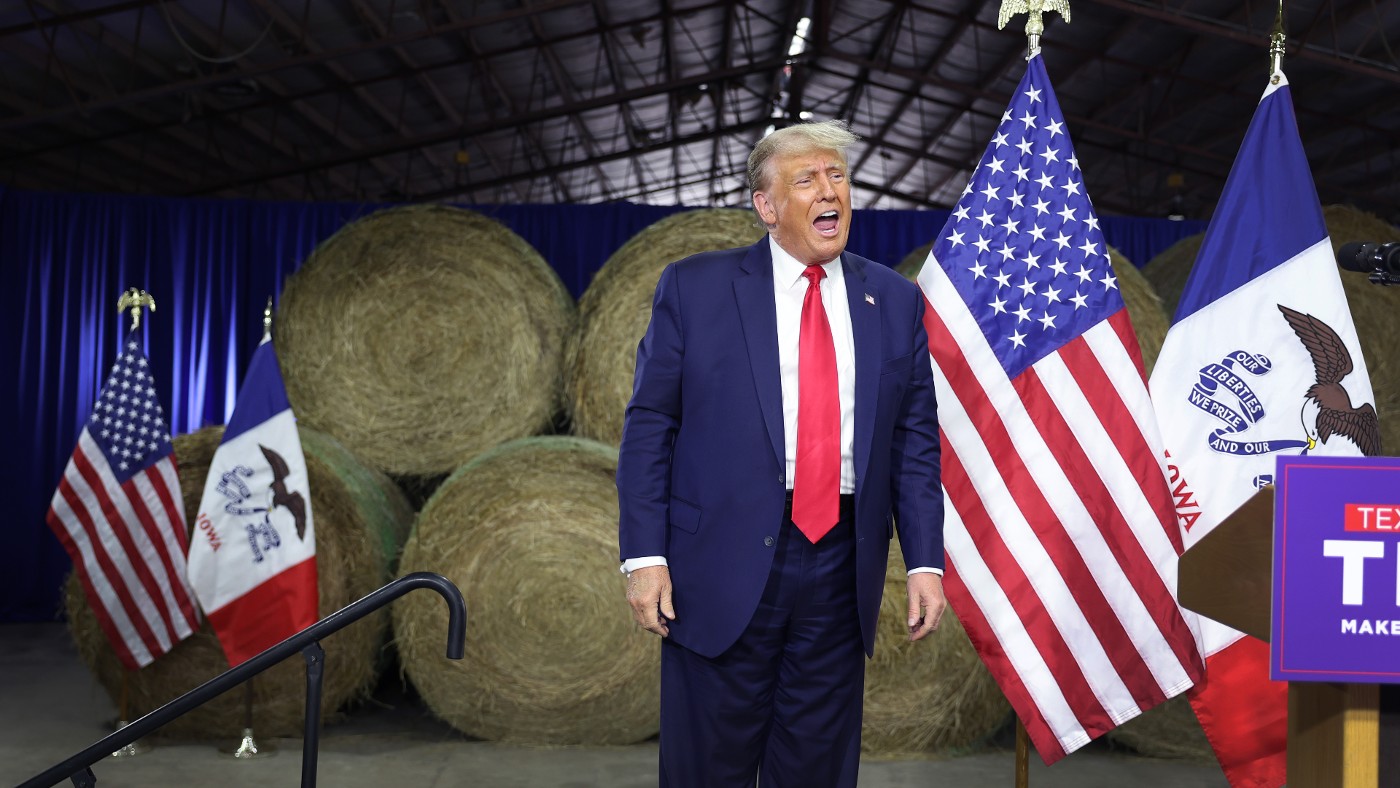 Flies attack Donald Trump
Flies attack Donald TrumpTall Tales And other stories from the stranger side of life
-
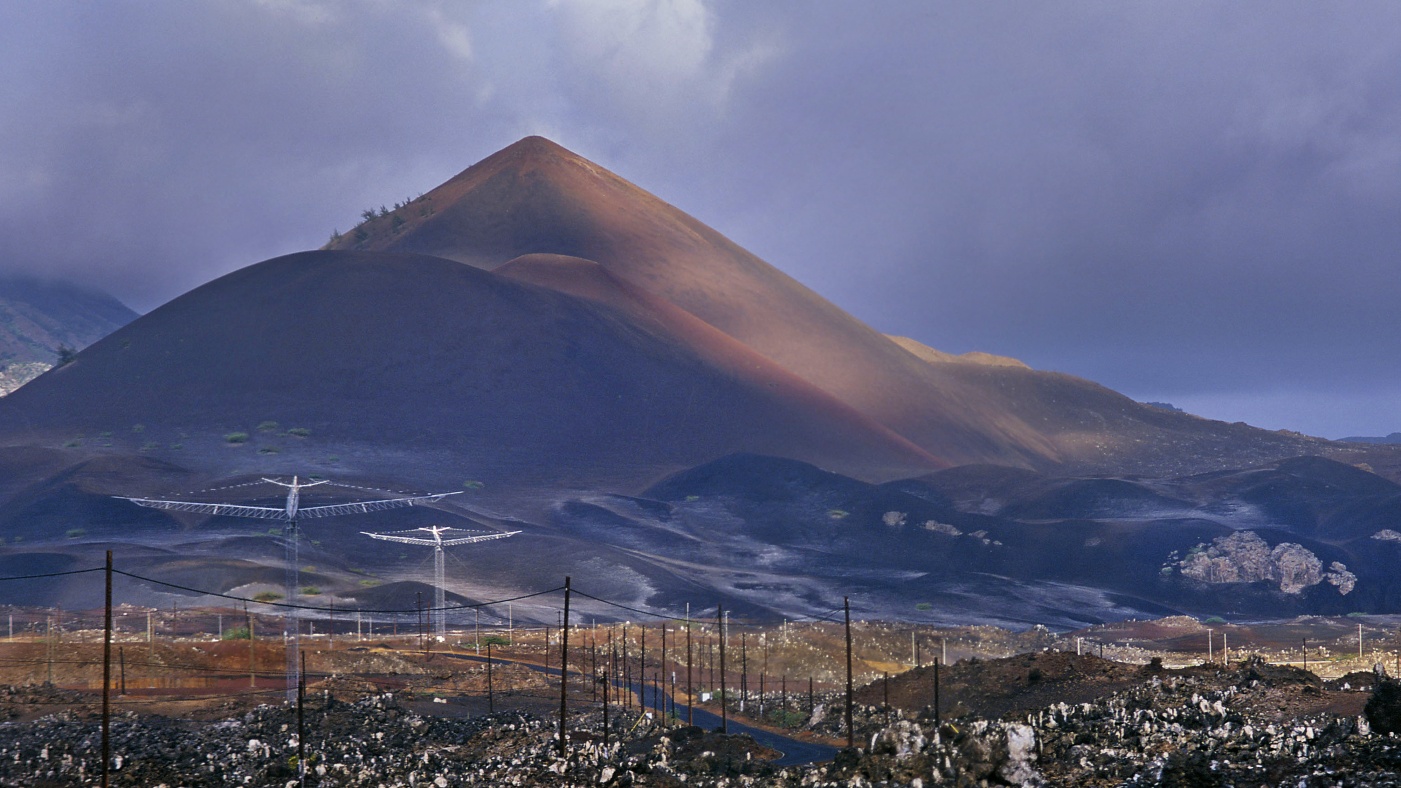 Ascension island: UK could send small boats arrivals to remote Atlantic territory
Ascension island: UK could send small boats arrivals to remote Atlantic territorySpeed Read UK government weighs up alternatives if Rwanda scheme is ruled unlawful by Supreme Court
-
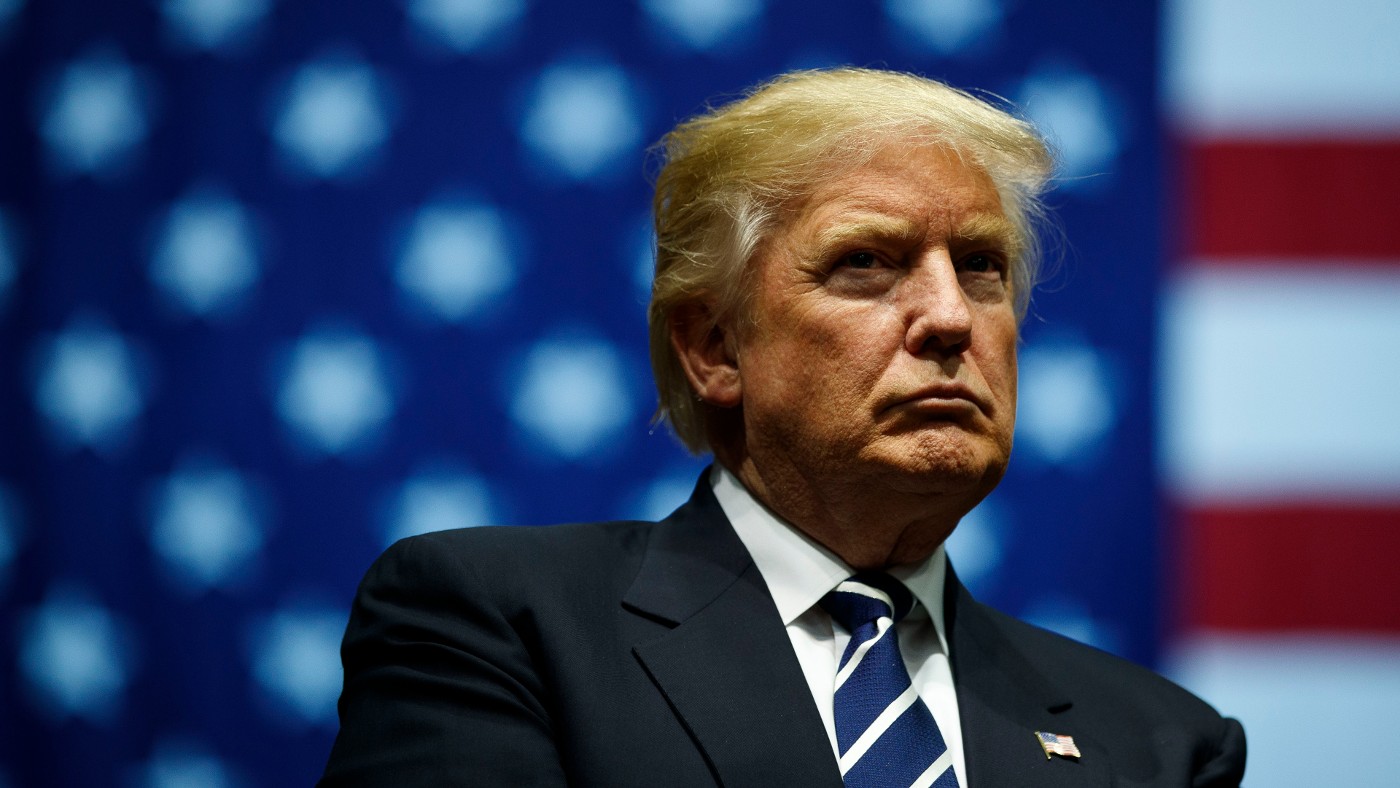 Donald Trump criminal charges for 6 January could strain 2024 candidacy
Donald Trump criminal charges for 6 January could strain 2024 candidacySpeed Read Former president’s ‘pettifoggery’ won’t work well at trial, said analyst
-
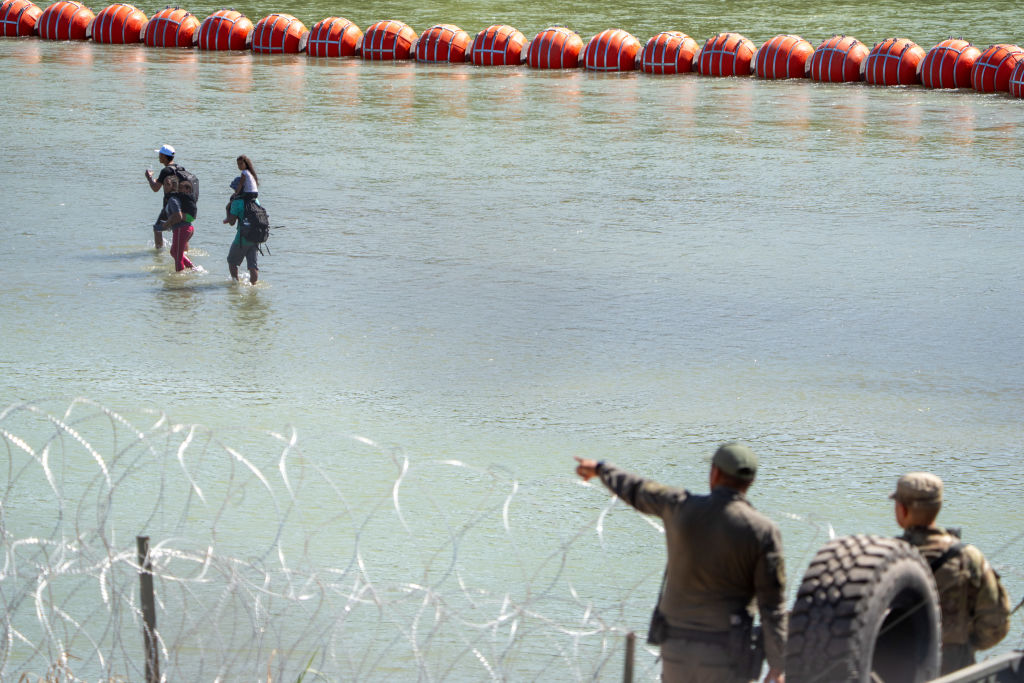 Justice Department sues Texas over Mexico border buoys
Justice Department sues Texas over Mexico border buoysSpeed Read
-
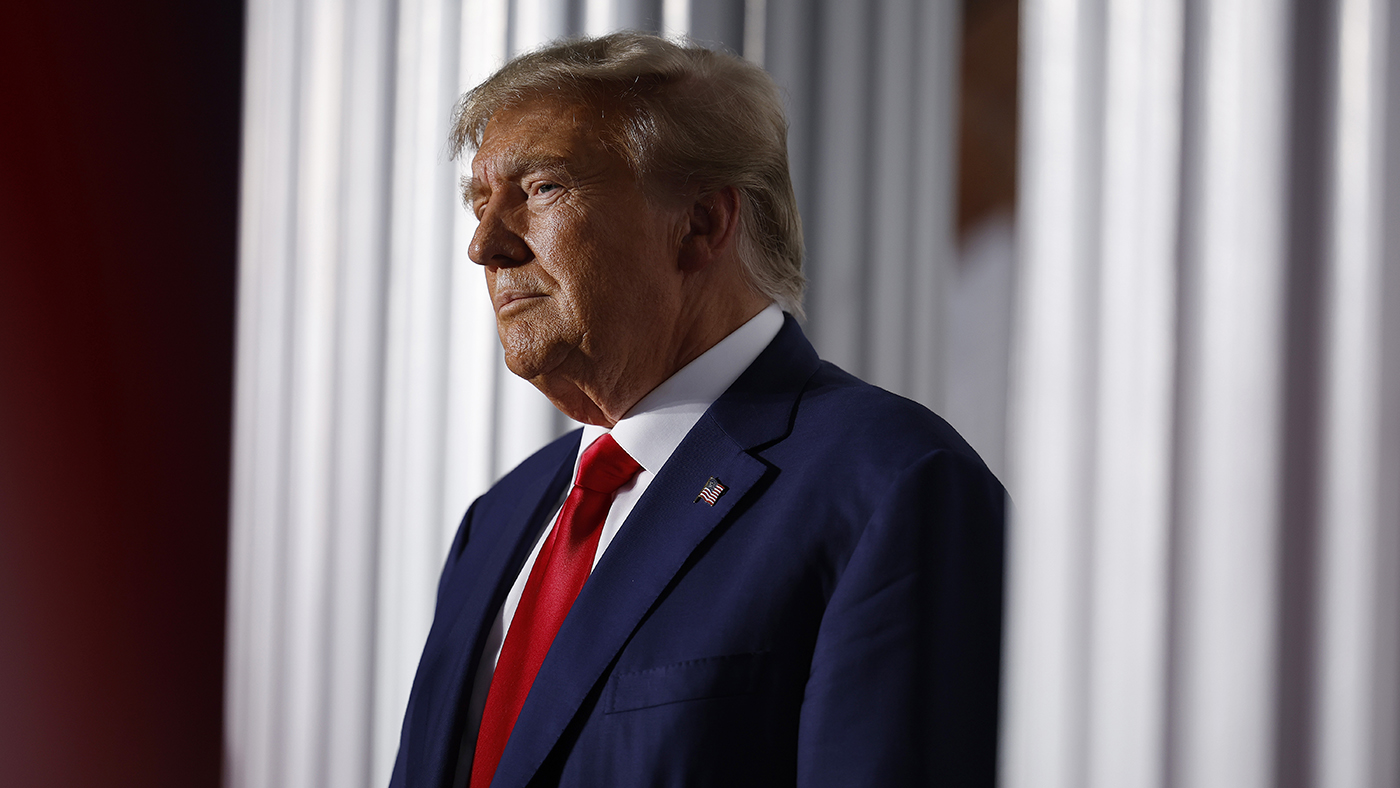 Donald Trump in the dock: a fraught moment for US democracy
Donald Trump in the dock: a fraught moment for US democracyTalking Point There is speculation that former president could end up running his 2024 election campaign from behind bars
-
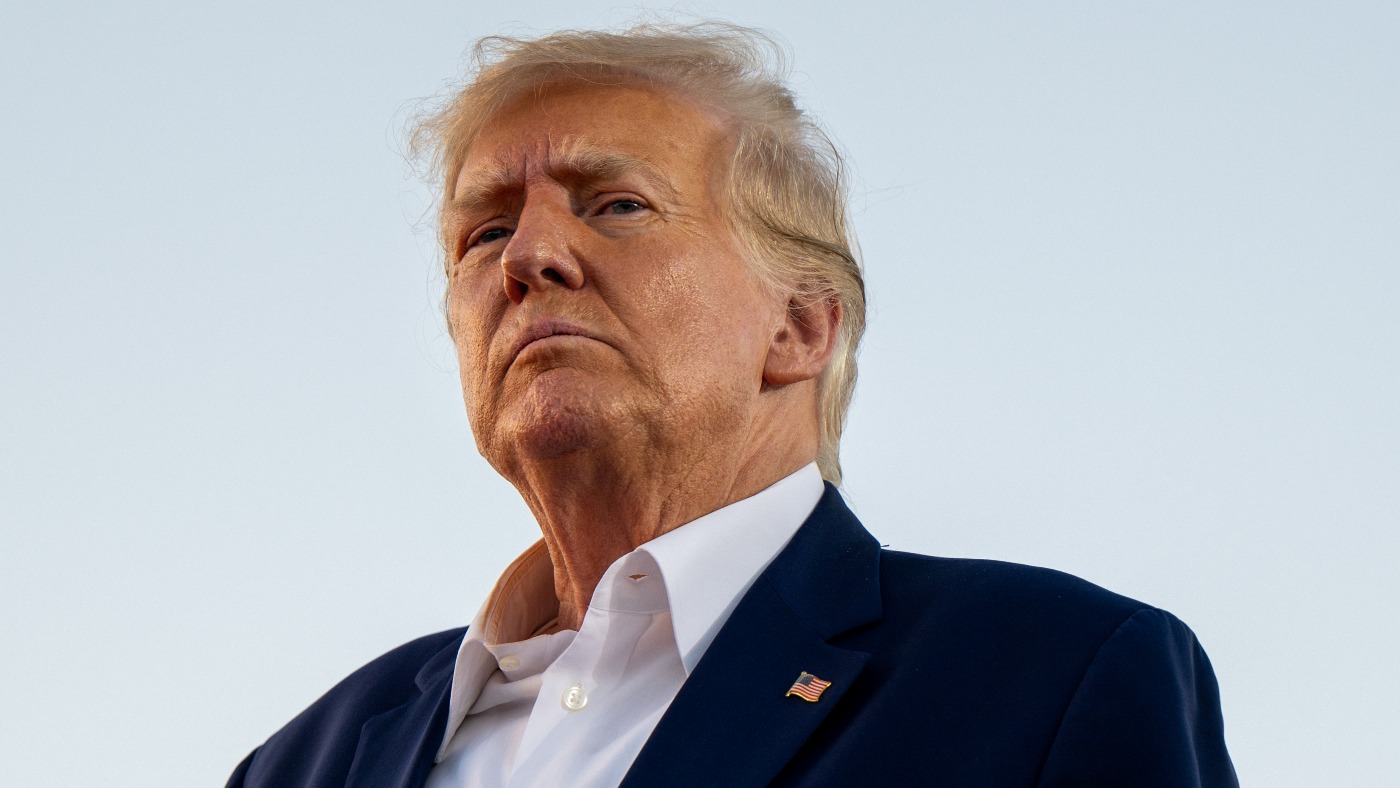 Donald Trump indicted again: is latest threat of prison a game changer?
Donald Trump indicted again: is latest threat of prison a game changer?Today's Big Question The former president ‘really could be going to jail’ but Republicans ‘may not care’ say commentators
-
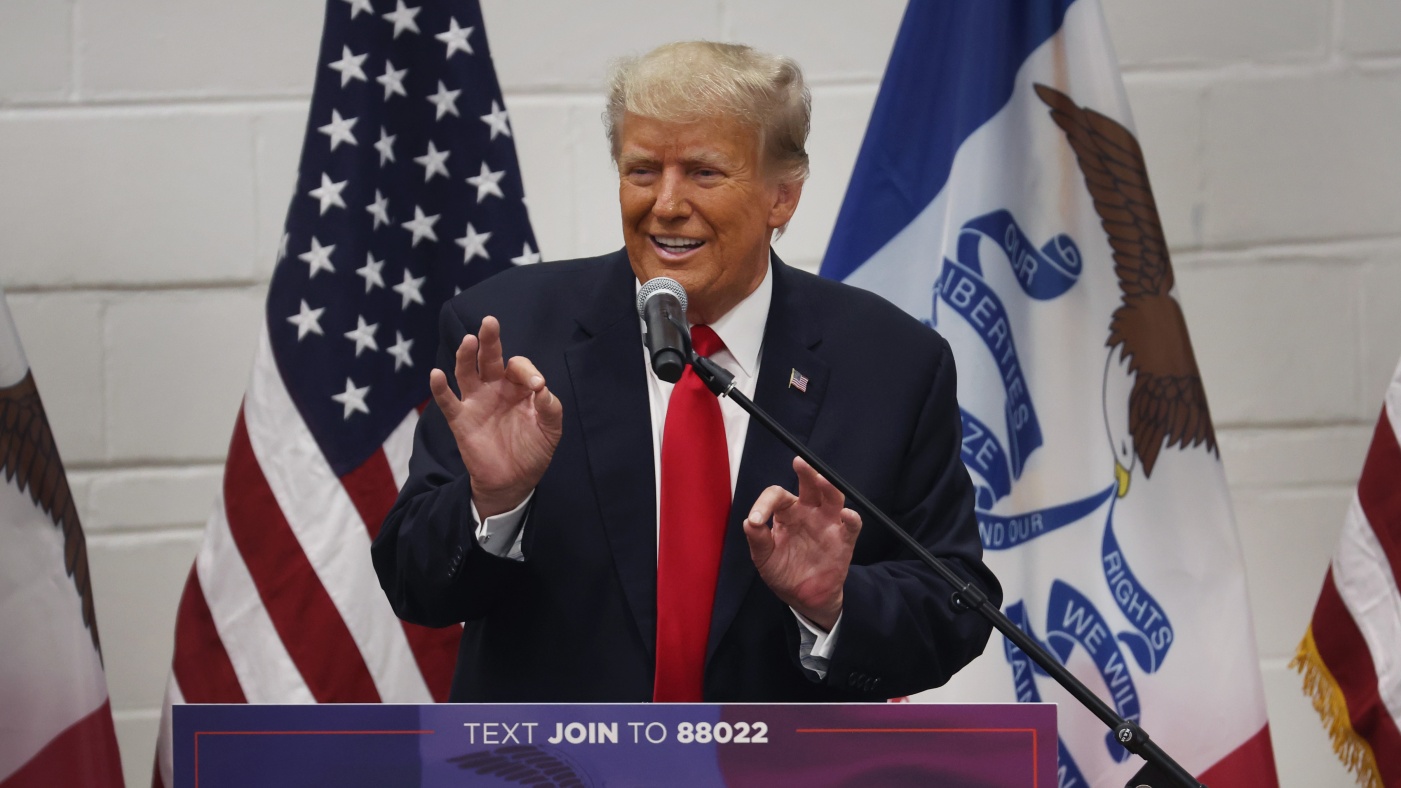 Trump told he could face charges over classified Mar-a-Lago documents
Trump told he could face charges over classified Mar-a-Lago documentsSpeed Read A second criminal indictment is on the cards for the former US president and current Republican frontrunner
-
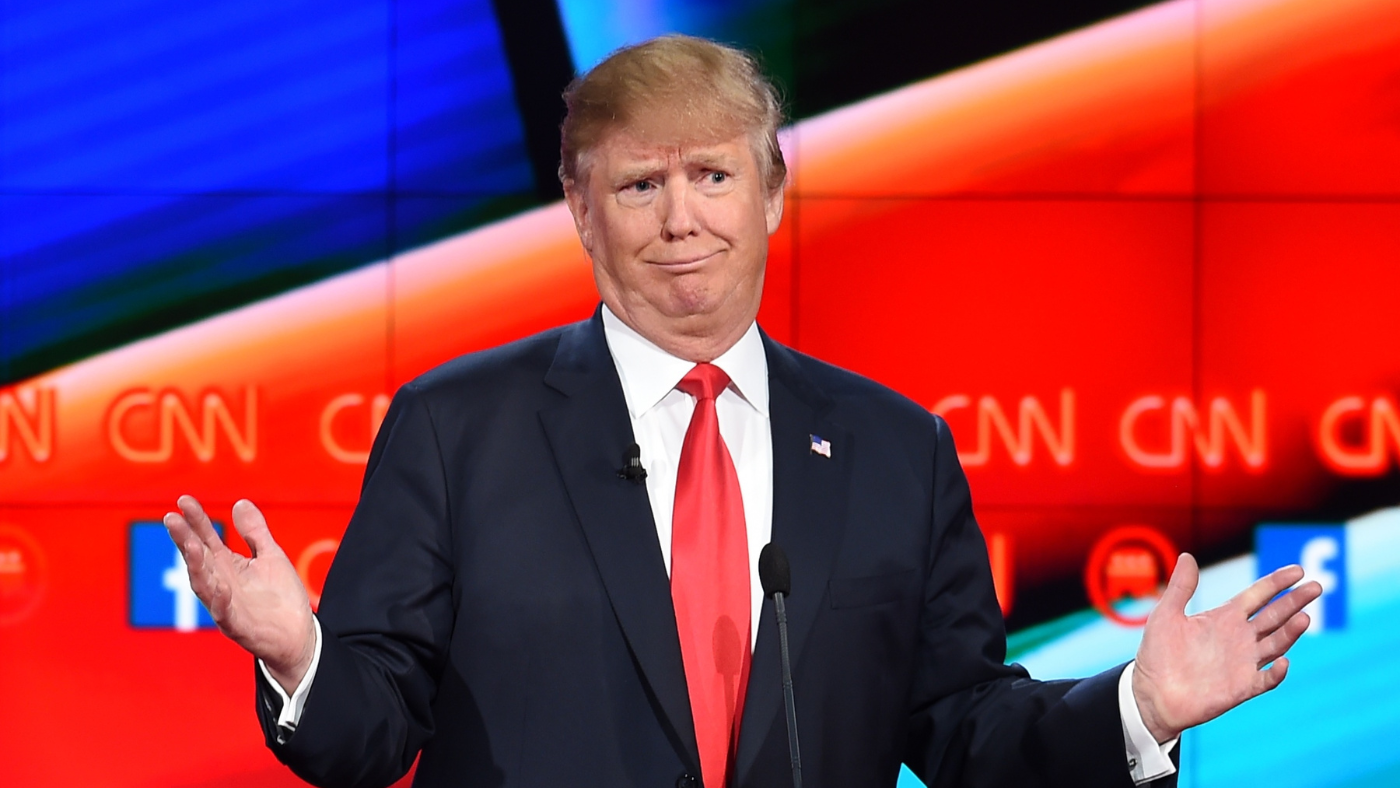 The return of Donald Trump to prime-time television
The return of Donald Trump to prime-time televisionfeature CNN executives have been condemned over the former president’s televised town hall